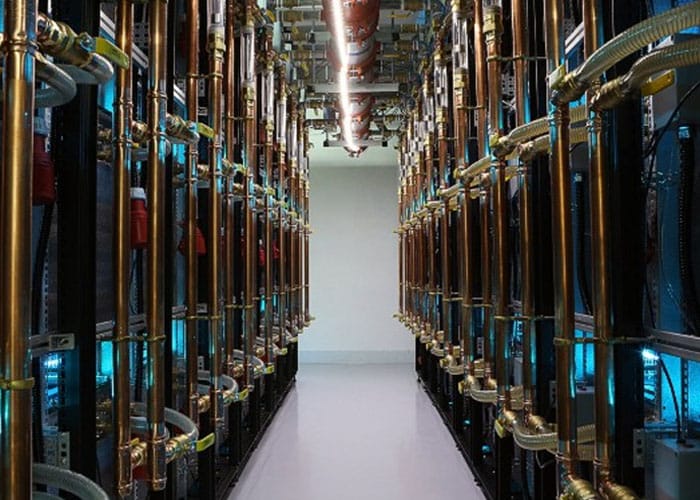
What are Bitcoins?
A bitcoin is a type of virtual coin that has its value ‘self-contained’ within it, cutting out the need for banks to store and move the money. Bitcoins are traded from one person’s ‘wallet’ to another, with a wallet being a small personal database stored on a personal computer’s hard drive, a smartphone or tablet, or in the cloud.
In use, bitcoins behave much the same as banknotes, that they have a value and can be exchanged for fiat currencies at the current exchange rate, or they can be used to buy goods and services online. Alternatively, you can hang on to them and hope that they go up in value – which would have been a very smart thing to do at the beginning of 2013.
Here is a video from Duncan Elms that explains how Bitcoins work:
At its core, a bitcoin is a data file known as a ‘blockchain’, which is similar in length to a long text message on a mobile phone. They consist of three parts – an approximately 34-character ‘identifying address’, a ‘history’ ledger of who has bought and sold it, and the most complicated part, the ‘private key header log’. This is a sophisticated unique digital signature that is used to authenticate the bitcoin.
Every single bitcoin trade is tracked and publicly disclosed, with the the digital signature of each participant attached to the blockchain. This prevents duplicate transactions and forgery, but despite the public logging of each transaction on blockchain.info, the names of the individuals are not recorded, so they remain completely anonymous.
Because it is so computationally intensive to create a bitcoin, it isn’t worth it financially for counterfeiters to manipulate the system, so they are effectively immune to forgery – for now.
Regulation and oversight
Bitcoins are not regulated as such – they are completely decentralised. There is no mint or central bank issuing them, and their value is un-collateralised, which means that their value is intrinsic to them and is not backed up by a precious metal. Instead, they are overseen by a community of ‘miners’, people who contribute the processing power of their personal computers to the bitcoin network. These act as accountants and auditors for bitcoin transactions, and are rewarded with new bitcoins in exchange for their contribution.
In the next installment, we shall be looking more closely into the bitcoin mining process, and the fees that are involved in trading bitcoins.
Other articles in this series
Guide to Crypto-Currencies Part 1 – Introduction
Guide to Crypto-Currencies Part 2 – The Bitcoin Bubble
Guide to Crypto-Currencies Part 4 – Bitcoin Mining
Guide to Crypto-Currencies Part 5 – Transactions
Guide to Crypto-Currencies Part 6 – The Problem(s) With Bitcoin
Guide to Crypto-Currencies Part 7 – Solutions to Volatility
Guide to Crypto-Currencies Part 8 – Security Issues
Guide to Crypto-Currencies Part 9 – Bitcoin Alternatives
Guide to Crypto-Currencies Part 10 – The Future of Money?
Tradersdna is a leading digital and social media platform for traders and investors. Tradersdna offers premiere resources for trading and investing education, digital resources for personal finance, market analysis and free trading guides. More about TradersDNA Features: What Does It Take to Become an Aggressive Trader? | Everything You Need to Know About White Label Trading Software | Advantages of Automated Forex Trading




































